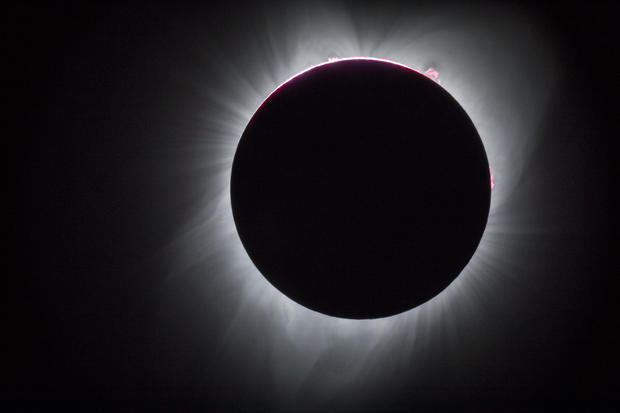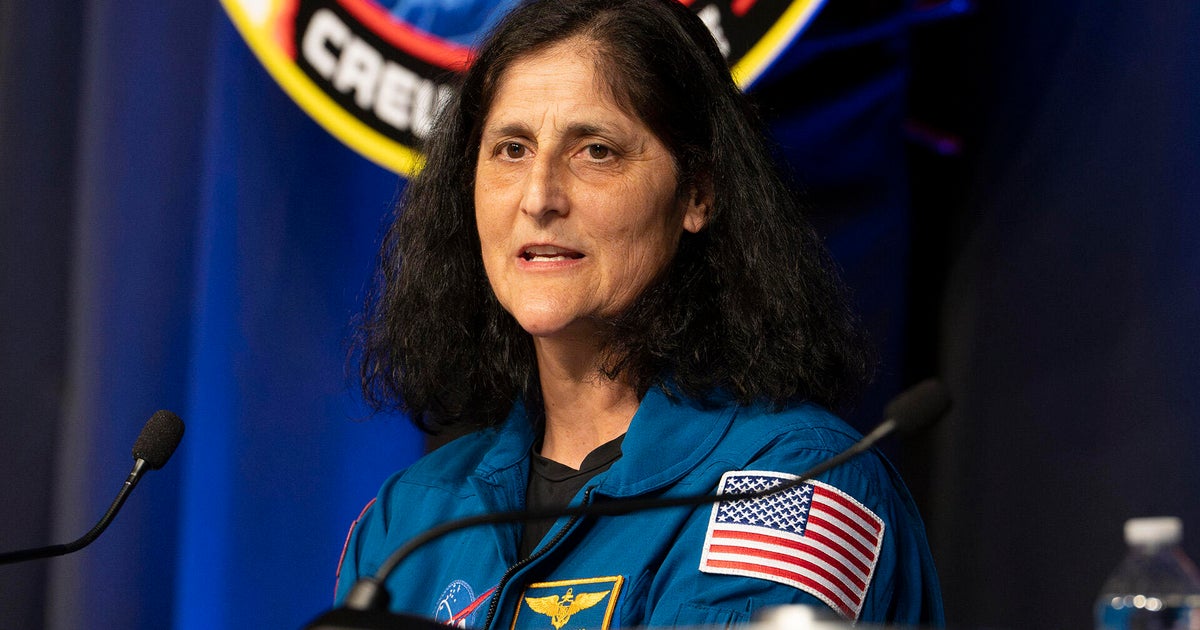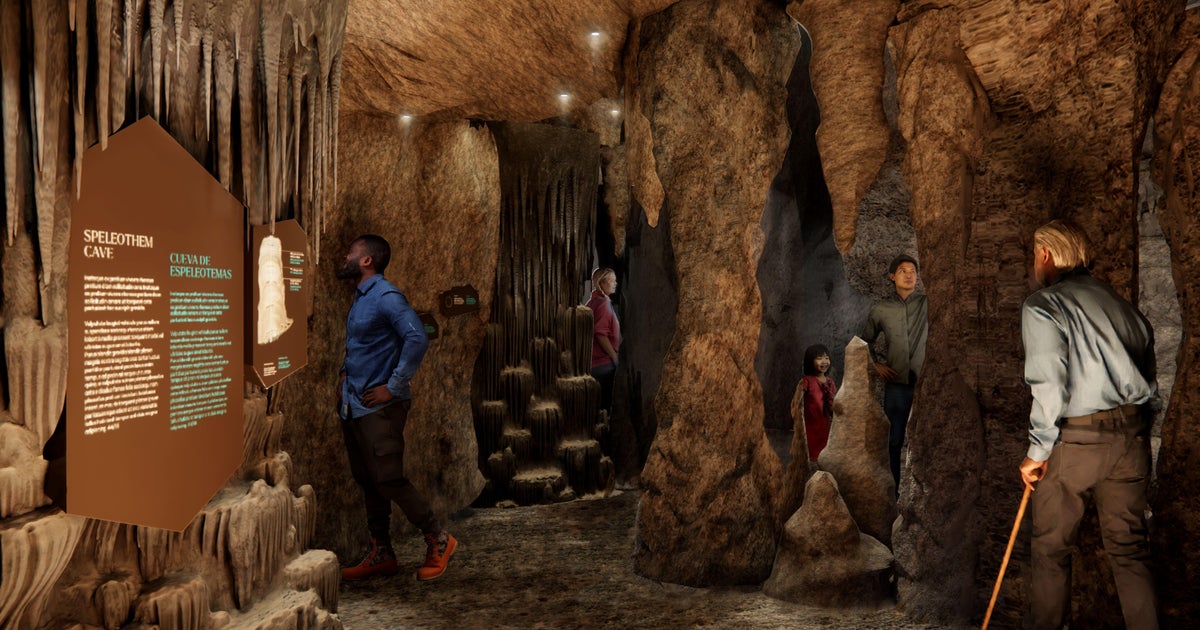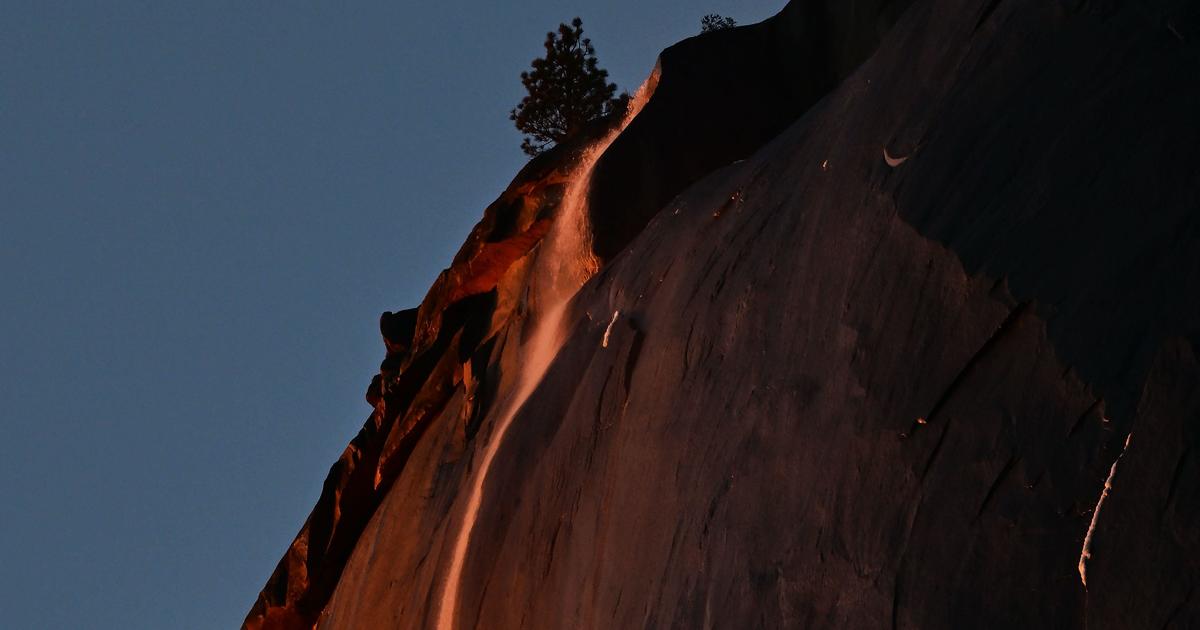Here's how to watch the rare hybrid solar eclipse
A rare hybrid solar eclipse, which only happens a few times a century, will unfold on Wednesday in parts of the world.
The rare celestial event occurs when a solar eclipse can appear as an annular eclipse in some parts of the planet and a total in others, as the moon's shadow moves across the earth's surface, according to NASA.
An annular solar eclipse happens when the moon lines up between the sun and earth, but it's at its furthest point from earth, the space agency said. Because of its location, it doesn't block the sun entirely, creating the visual of a ring around the moon. A total solar eclipse happens when the sun, moon and earth are in a direct line, NASA said. Typically, during a total eclipse, the sky will darken and people watching will be able to see the sun's corona, since the moon blocks the sun.
For optimal viewing, experts suggest wearing eclipse glasses or hand-held solar viewers since regular sunglasses won't properly protect your eyes.
When is the hybrid solar eclipse happening?
According to EarthSky, the eclipse begins at 10:37 p.m. ET Wednesday and it will end at 1:56 a.m. ET Thursday. It will last more than three hours.
The last hybrid solar eclipse was on November 3, 2013. The next one will be in 2031, NASA said.
Where will the hybrid solar eclipse be visible?
Take a look at this map of where it will be visible, since location will determine what you'll see. It will mostly be present in parts of the Southern Hemisphere, including West Papua, East Timor and northern tips of Australia.
If you can't watch, NASA will host a live-stream at 10:30 p.m. ET on Wednesday, as experts witness the total solar eclipse from Australia.








